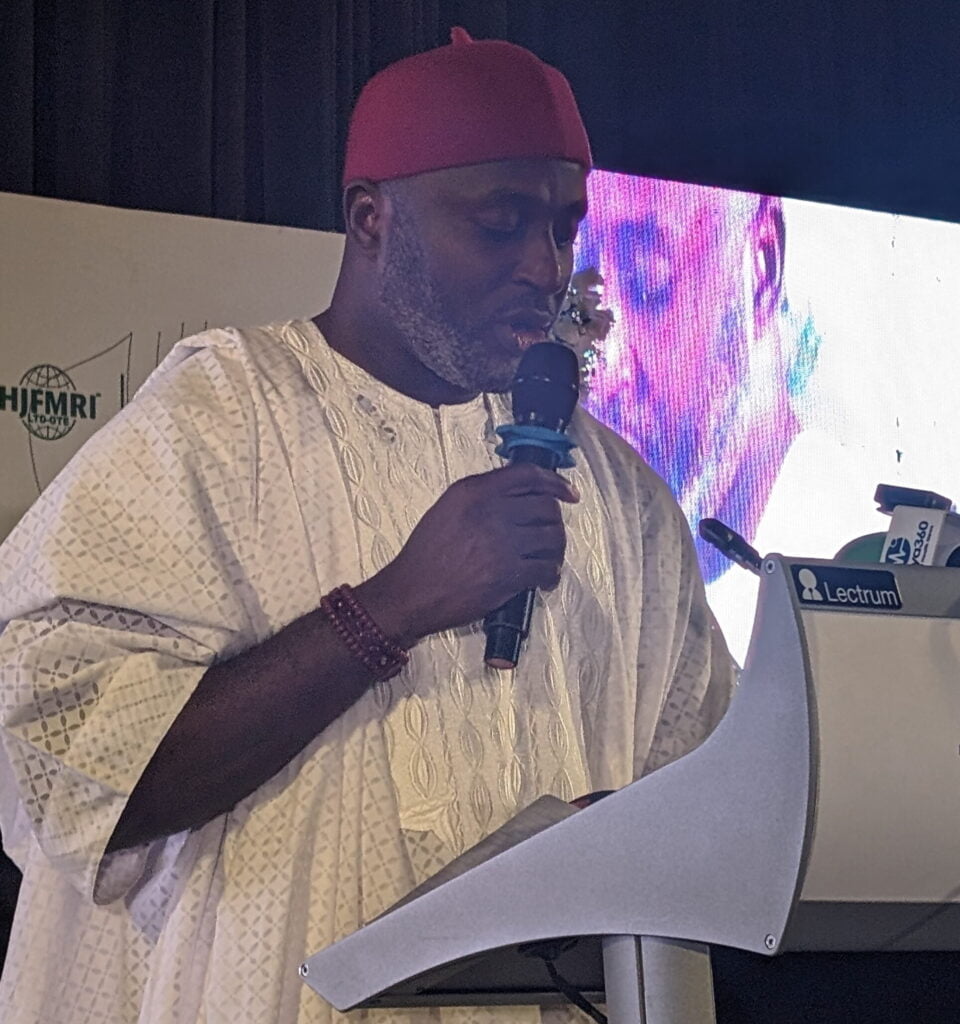The Chairman of the House of Representatives Committee on HIV/AIDS, Tuberculosis and Malaria Control, Amobi Ogah, disclosed this at the opening of the 2024 HIV prevention conference in Abuja on Tuesday.
Ogah said there is an urgent need to mobilize domestic funding and take ownership of the HIV response, instead of depending on foreign donors.
He observed that Nigeria still has an estimated 1.9 million people living with HIV /AIDS, while the target to eliminate Mother-to-child transmission of HIV/AIDS by 2030 is still far from being achieved.
He said Nigeria still records about 22,000 cases of MTCT of HIV every year.
“For NACA to achieve her mandate, we must all ensure the increase of domestic funding, strengthening HIV interventions, mobilizing community members for gender equality, social norms and gender equality in the optic of HIV prevention, treatment, and care service, particularly the PMTCT of HIV, support people living with and affected by HIV and increase the campaign against stigmatization,“ he said.
Ogah highlighted the need to re-evaluate, rethink, and re-strategize HIV prevention intervention programmes.
About the conference
The conference, organized by the National Agency for the Control of AIDS (NACA) is themed, ‘Accelerating HIV prevention to end AIDS through innovations and community engagement.’
The conference aims to optimize innovative HIV prevention approaches towards achieving epidemic control, promoting equitable and inclusive human rights-based approaches to HIV Prevention, and strategizing for increased domestic funding towards community ownership and sustainability of HIV prevention programmes.
In her welcome address, the Director General of NACA, Dr Temitope Ilori said the theme of the conference underscores the importance of community involvement in shaping effective prevention strategies while ensuring access to treatment for those living with HIV/AIDS.
Dr Ilori said despite the achievements made in the fight against the disease, the work is far from over.
“We must redouble our efforts to prevent MTCT and strive for an AIDS-free generation by 2030, leveraging the advancements in health technology at our disposal,” she said.
“Prevention lies at the core of our public health interventions. Therefore, this conference serves as a platform to explore innovative approaches to empower communities, particularly those at higher risk, with the knowledge and tools to protect themselves from HIV infection.”
Youth-focused
In her keynote address, Funmi Adesanya, the Country Coordinator of the U.S. President’s Emergency Plan for AIDS Relief (PEPFAR), lauded Nigeria as a global leader rich in innovation, potential, and a burgeoning youth population poised to become the next generation of policy leaders, educators, and change agents.
Adesanya also highlighted Nigeria’s status as the fourth-largest HIV-burdened nation, with young people disproportionately affected by new infections.
She emphasized the urgency of addressing the global challenge of reducing new HIV infections, stressing the timeliness of the youth conference.
She highlighted the crucial role of youth participation, advocacy, and leadership in achieving the goal of eliminating HIV as a public health threat by 2030 and breaking the cycle of mother-to-child transmission.


